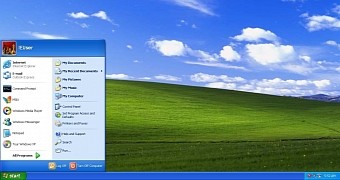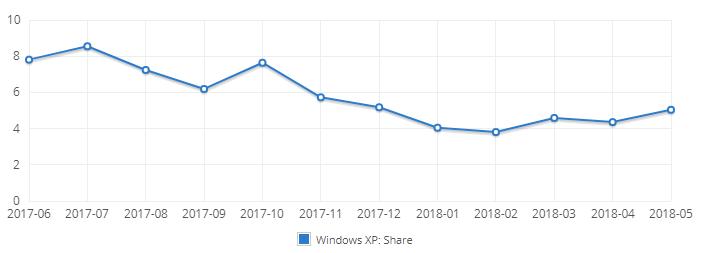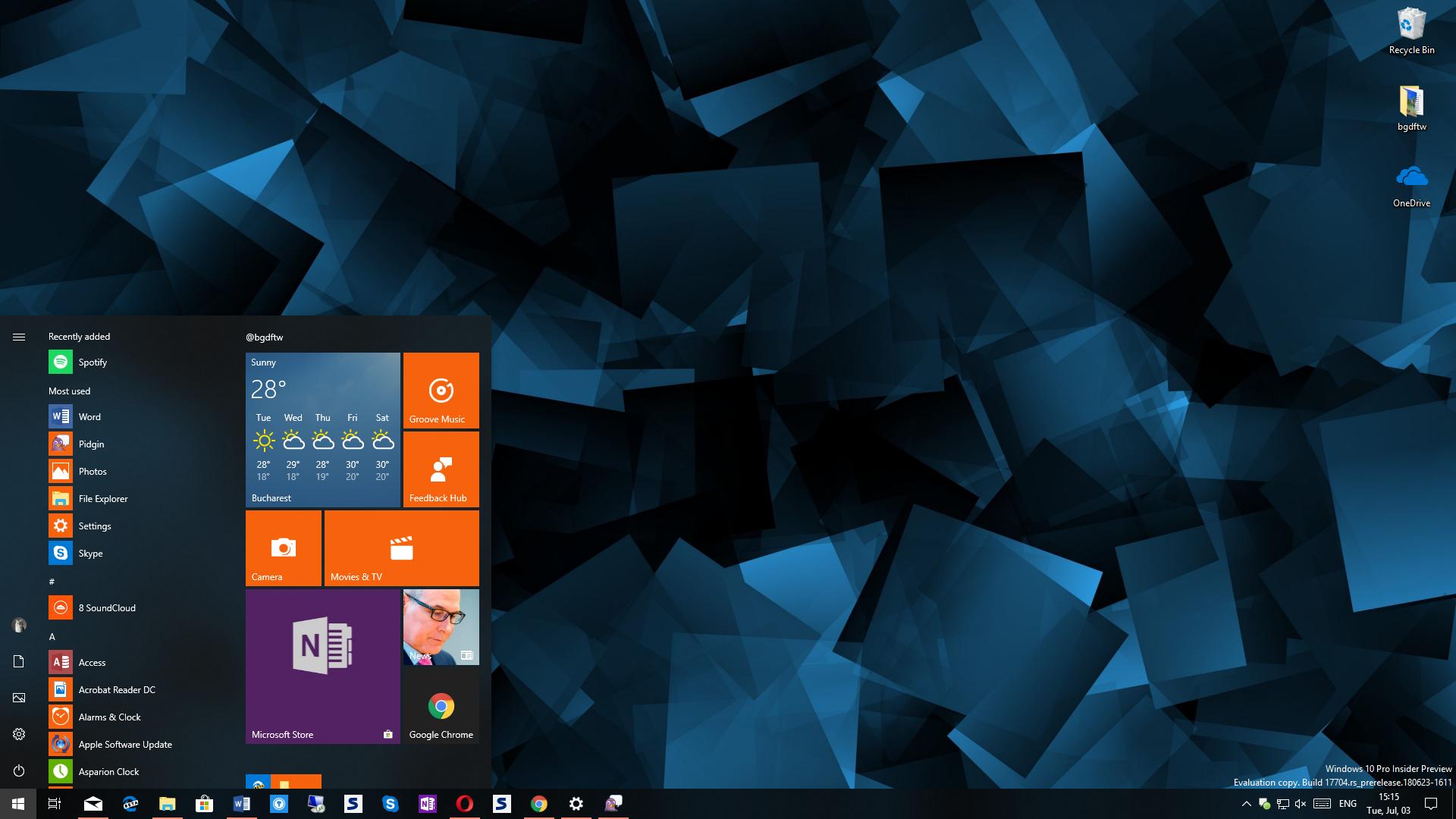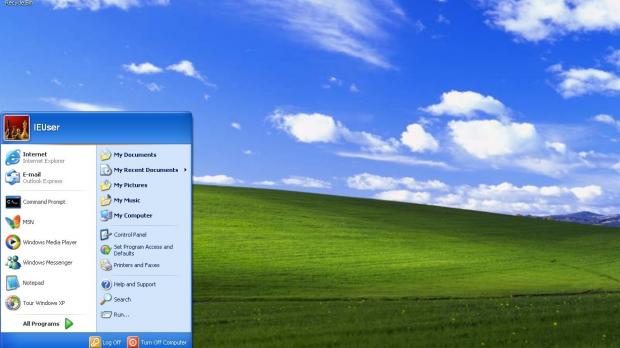Microsoft pulled the plug on Windows XP in April 2014, hoping that users would do the same and upgrade their computers to newer Windows, like Windows 7.
While this did happen, the transition from Windows XP to a supported operating system took place at a pace that advanced much slower than Microsoft expected, with many users delaying the upgrade for various reasons, including the associated hardware costs and the complexity of the process.
These make Windows XP shockingly popular these days. According to NetMarketShare, Windows XP was running on 8.55% last July, before dropping to 6.19% in September, only to recover back to 7.64% a month later. The decline continued, sometimes interrupted by new share increases, so Windows XP is now at 5.04%, as per the most recent stats for May 2018.
Windows XP, however, is a relic that everyone must leave behind, no matter how much they love it. There are tens, maybe hundreds of reasons to do this, but today I’ll just highlight three of them which I think are among the most important.
#1 – Security
Without a doubt, security is the top issue on Windows XP computers these days. The operating system hasn’t received updates since the end-of-support date (with one exception: the emergency WannaCry patch), so vulnerabilities remain unpatched and leave computers exposed.
Keep in mind that Windows versions share a substantial part of the code, so a security flaw discovered in one Windows release could also affect the others.
This means that in case hackers discover a flaw in Windows 7 or Windows 8.1, there’s a good chance it also impacts Windows XP. But while the first two are likely to get a patch from Microsoft, not the same thing can be said about XP, which is left without any update to resolve such issues.
#2 – App support
Microsoft giving up on Windows XP support was the signal for third-party app developers that they should do the same. In the last few months, more and more devs switched the focus entirely to Windows 7, 8.1, and 10, obviously because this is where most of the users are.
At the same time, the limited support that Windows XP is offering for new technologies and features enabling more advanced software capabilities and security have more or less forced devs to abandon the platform. This was a move that developers had to embrace not necessarily because they wanted to, but because they had to. Otherwise, their products would have lacked new features only to continue supporting Windows XP.
Big companies like Google and Mozilla are also waving goodbye to Windows XP, and their browsers are currently in maintenance mode on this old operating system. Support will also end soon, which means that no new updates would ship beyond that point.
#3 – Lack of features
Windows XP has always been praised for its feature lineup, and despite some reliability issues at first, many actually loved the operating system for how stable it eventually became.
But Windows has substantially evolved in the last decade, and Windows 10 now features more advanced capabilities that are impossible to port back to Windows XP. Microsoft Edge browser, Cortana integrated into the operating system, the Action Center, Fluent Design, the touch support, and so much more, all are modern features that are exclusive to Windows 10.
Probably the biggest drawback for those who at one point would have to leave Windows XP behind is the cost involved in the migration process. Windows XP runs on old hardware that isn’t supported by Windows 10, so in many cases, users need to purchase new computers just to upgrade.
Sooner or later, everyone will have to do this, no matter how long they plan to stick with Windows XP. The bigger problem for Microsoft is that Windows 7 is following in Windows XP’s footsteps, and in less than two years, the software giant would embark on to another struggle to convince users to upgrade.

 14 DAY TRIAL //
14 DAY TRIAL // 



